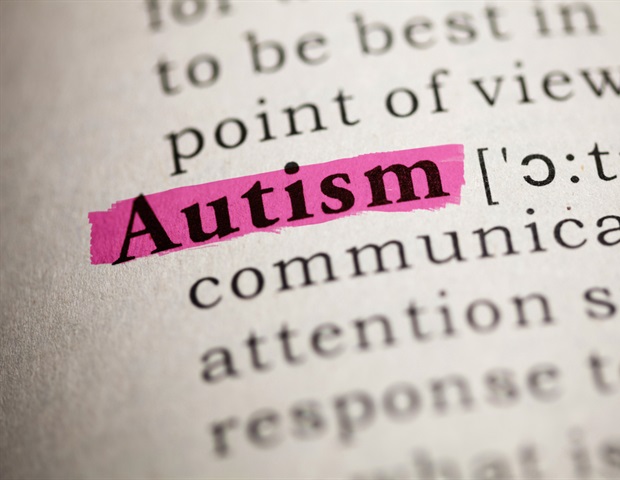According to research set to be presented at the upcoming annual meeting of the North American Radiological Society (RSNA), a newly developed artificial intelligence (AI) system, designed to analyze specialized MRIs of the brain, has shown promising accuracy in diagnosing autism in children aged between 24 and 48 months.
The multidisciplinary team behind this innovative system, including B. Mohamed Khudri, a visiting research scholar at the University of Louisville in Kentucky, developed a three-stage process to analyze and categorize diffusion tensor MRI (DT-MRI) scans of the brain. DT-MRI is a unique imaging technique that maps the movement of water through neural pathways in the brain.
The AI system focuses on isolating brain tissue images from DT-MRI scans and extracting specific imaging markers to assess the connectivity between different brain regions. By comparing the neural patterns in autistic children’s brains to those in typically developing children, the machine learning algorithm can identify distinctive features associated with autism.
Dr. Gregory N. Barnes, a co-author of the study and the chairman of the Norton Children’s Autism Center in Louisville, emphasized that autism is primarily characterized by atypical brain connections. These abnormal neural links contribute to the common symptoms observed in children with autism, such as challenges in social interaction and repetitive behaviors, as highlighted by the DT-MRI scans.
In their study, the researchers analyzed DT-MRI images of 226 children aged between 24 and 48 months from the Autism Brain Imaging Data Exchange-II. The dataset included scans from 126 children with autism and 100 typically developing children. The AI technology demonstrated impressive diagnostic performance, with 97% sensitivity, 98% specificity, and an overall accuracy of 98.5% in identifying children with autism.
Khudri expressed optimism about the potential impact of their method, stating that it represents a significant advancement in early detection, potentially enabling the identification of autism in infants under two years old. Early intervention is crucial for improving outcomes, including enhancing independence and cognitive abilities in individuals with autism.
The study also highlighted the challenges in early diagnosis of autism, with many children not receiving formal evaluations until later stages. The AI system developed by the team aims to streamline the diagnostic process, providing precise assessments while reducing time and costs associated with evaluation and treatment.
Dr. Barnes emphasized the importance of early intervention, leveraging the brain’s plasticity to enhance therapeutic outcomes for children with autism. The team envisions a diagnostic approach that combines DT-MRI scans with brief psychological consultations, offering a comprehensive and efficient evaluation process.
Furthermore, the AI system generates detailed reports outlining the affected neural pathways, potential impacts on brain function, and severity assessments to guide early intervention strategies. The researchers are working towards commercializing their AI software and obtaining FDA approval for clinical use.
Additional co-authors involved in the study include Mostafa Abdelrahim, Yaser El-Nakieb, Dr. Mohamed Ali, Dr. Ahmed S. Shalaby, Ali Mahmoud, A. Gebreil, Dr. Ahmed Elnakib, Andrew Switala, Dr. Sohail Contractor, and Dr. Ayman S. El-Baz.






